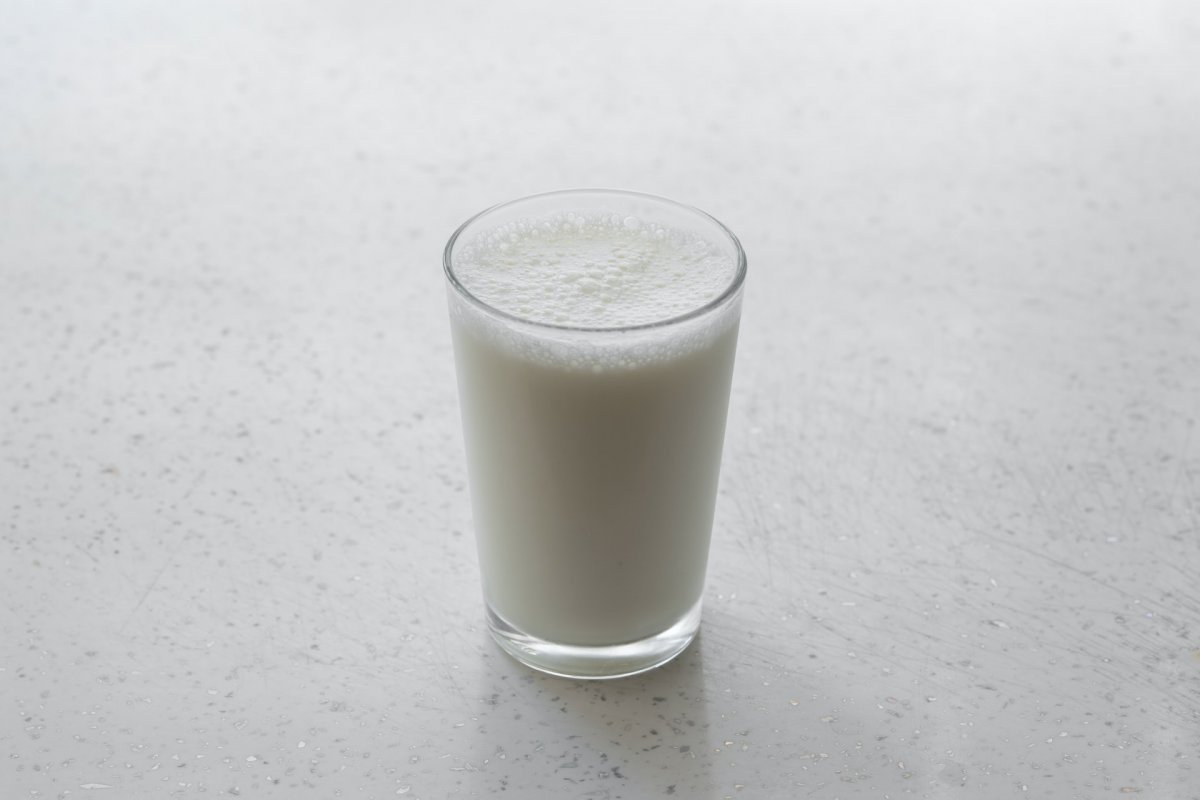
Many people drink milk every day and find it healthy. But is it really that safe?
According to a study published in Express, consumption of milk and other dairy products can lead to heart, gastrointestinal and liver diseases. For example, milkshakes are high in saturated fat, which will increase cholesterol levels.
Foods high in saturated fat:
- Dairy products
- Meat
- Poultry
- Eggs
- Vegetable oils
Scientists note that consumption a large amount of saturated fat increases the risk of heart disease and affects the level of cholesterol in the blood.
The most common heart diseases can go unnoticed. Don't put off going to the doctor if you have one or more of these symptoms:
- Shortness of breath
- Heavy chest
- Pain
- Irregular heart rate
- Weakness
- Sweats
- Fever
- Fever
- li>
- Edema
- Dizziness
- Cough
- Paleness
Also people who consume high amounts of saturated fat , are at risk for diseases:
- Type 2 diabetes
- Diseases of the gastrointestinal (GI) tract, particularly the colon
- Non-viral hepatitis and other liver damage.
Vegans tend to have lower blood pressure and cholesterol than all other dietary groups. Based on this, scientists advise to minimize the consumption of any dairy products. But you do not need to exclude it from the diet completely in order to prevent diseases of the heart and circulatory system.
It is not recommended to consume high-fat dairy products every day:
- Butter
- Milk
- Some types cheese
- Condensed milk
- Cream
Low-fat dairy products are lower in calories, so they can be helpful if you're trying to control your weight. But the fact is that fat is a good emulsifier and greatly affects the taste, so it is often replaced in the product with thickeners and stabilizers. As a rule, they seriously increase the calorie content due to carbohydrates, so you should pay attention to the composition of the products.
There is also such a thing as lactose intolerance – the inability of the body to digest milk sugar. To break down lactose into simple sugars or monosaccharides, the enzyme lactase must be produced in the small intestine.
Symptoms associated with this body reaction can range from mild (fatigue, bloating, alternating constipation and diarrhea) to severe (weight loss , appetite, intestinal damage).
What can't people with lactose intolerance eat?
- cakes, cookies and pastries;
- cheese sauce;
- puree soups;
- custard;
- milk chocolate;
- pancakes;
- omelet;
- some types of mashed potatoes.
Read also: A 37-year-old patient shared 5 symptoms that led to a diagnosis of bowel cancer.
5-ingredient herbal drink to lower cholesterol
More on the topic: Three non-obvious signs that liver problems have begun.
Long workweek threatens women with cancer and heart disease – scientists
You can read: A simple way to protect yourself from infections after sex: gynecologist.
Important! Information provided for reference purposes. Ask a specialist about contraindications and side effects and under no circumstances self-medicate. At the first sign of illness, consult a doctor.
